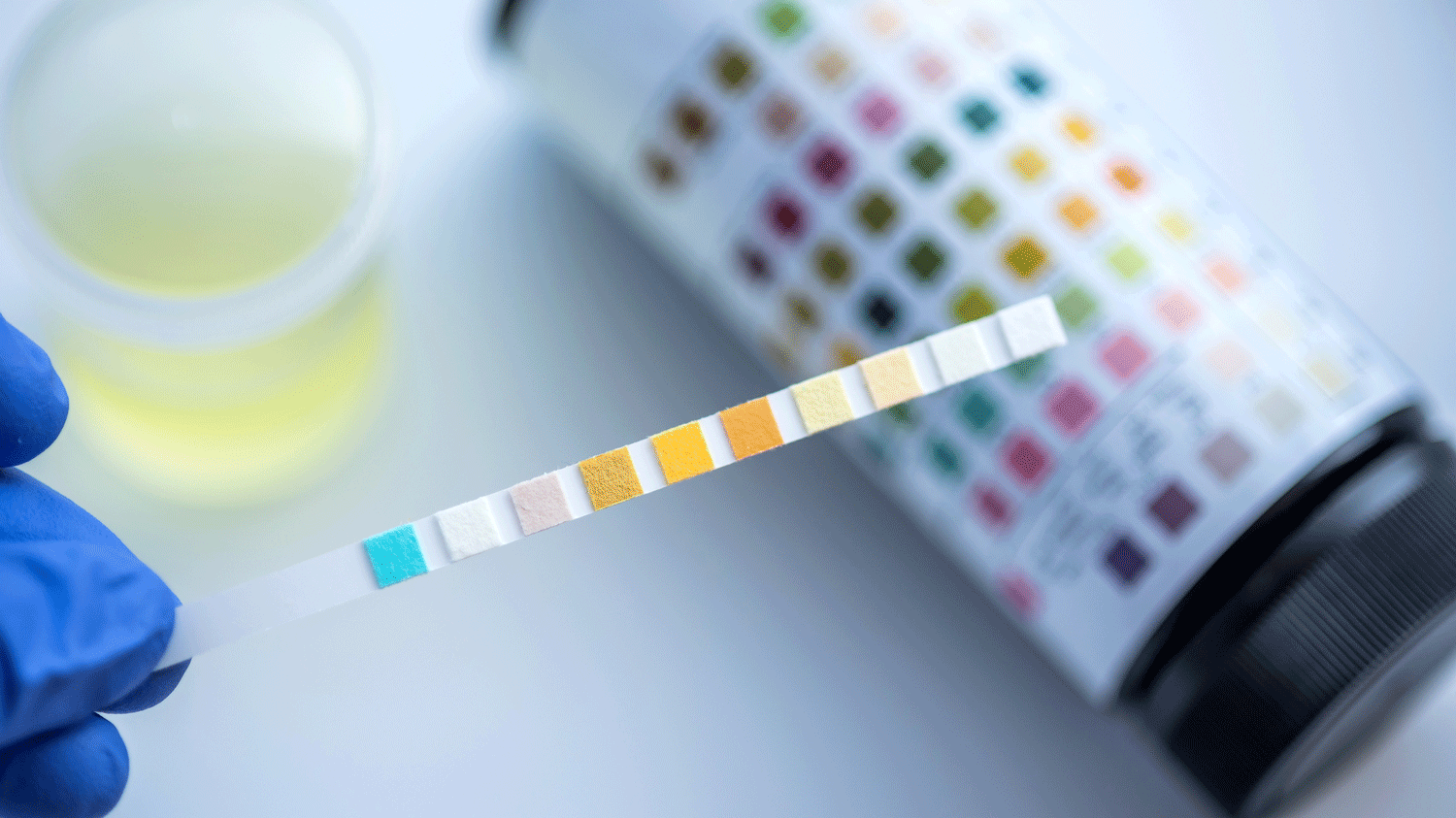
18 Sep Dipstick tests may help curb unnecessary antibiotic use in Indonesia
A well-known and inexpensive test may help rule-out urinary tract infections (UTI) and curb unnecessary antibiotic use for people in Indonesia.
In a study published in BMJ Open, researchers evaluated 616 patients from two community-based clinics who has suspected urinary tract infections to determine if a dipstick test, a test strip used to detect potential bacteria in urine, could help rule-out the need for antibiotics.
The study participants who presented with suspected UTI symptoms had their urine tested through a dipstick test and their samples were also sent to a lab for further analysis.
Ideally when an individual in a community has a suspected UTI, a sample of their urine is sent to a local lab to determine what type of bacteria and infection they have so their prescribed medication can be tailored. Due to a significant lack of lab capacity and resources, general practitioners in Indonesia often prescribe antibiotics as soon as patients present with symptoms of a UTI, without performing additional diagnostic tests. This can result in inappropriate use of antibiotics, fueling resistance.
The findings showed that those who had a negative dipstick result had a very low chance of having a positive urine culture, thereby making it unlikely they have a UTI.
“One of the main drivers of (antimicrobial) resistance is inappropriate use of antibiotics, either through the wrong dosage or by prescribing antibiotics that are unnecessary,” said AIGHD associate professor Frank van Leth and one of the co-authors on the study.
“This study provides support that if a GP has a patient who has symptoms of a suspected UTI, but their dipstick result is negative, their diagnosis should be reconsidered and antibiotics should be withheld.”
An earlier study by the researchers showed that there is a high prevalence of antibiotic resistance when it comes to UTIs in Indonesia. Antimicrobial resistance is one of AIGHD’s key research priorities and specifically, looking at ways to safely and appropriately reduce unnecessary antibiotic use to curb resistance around the world.
“Our goal is that these study findings will help support GPs in making as accurate a diagnosis as possible and ultimately, prevent unnecessary antibiotic prescribing.”
